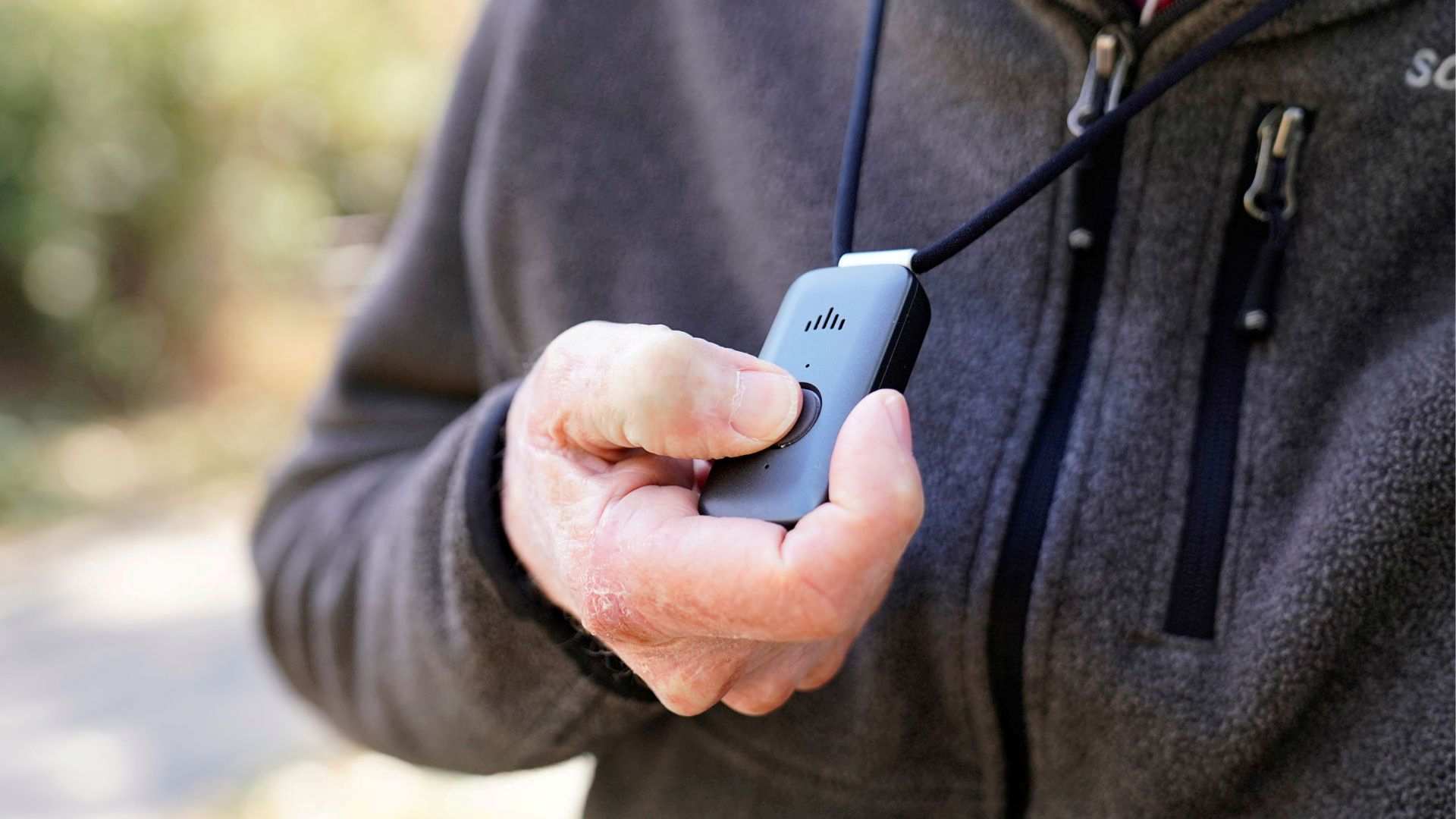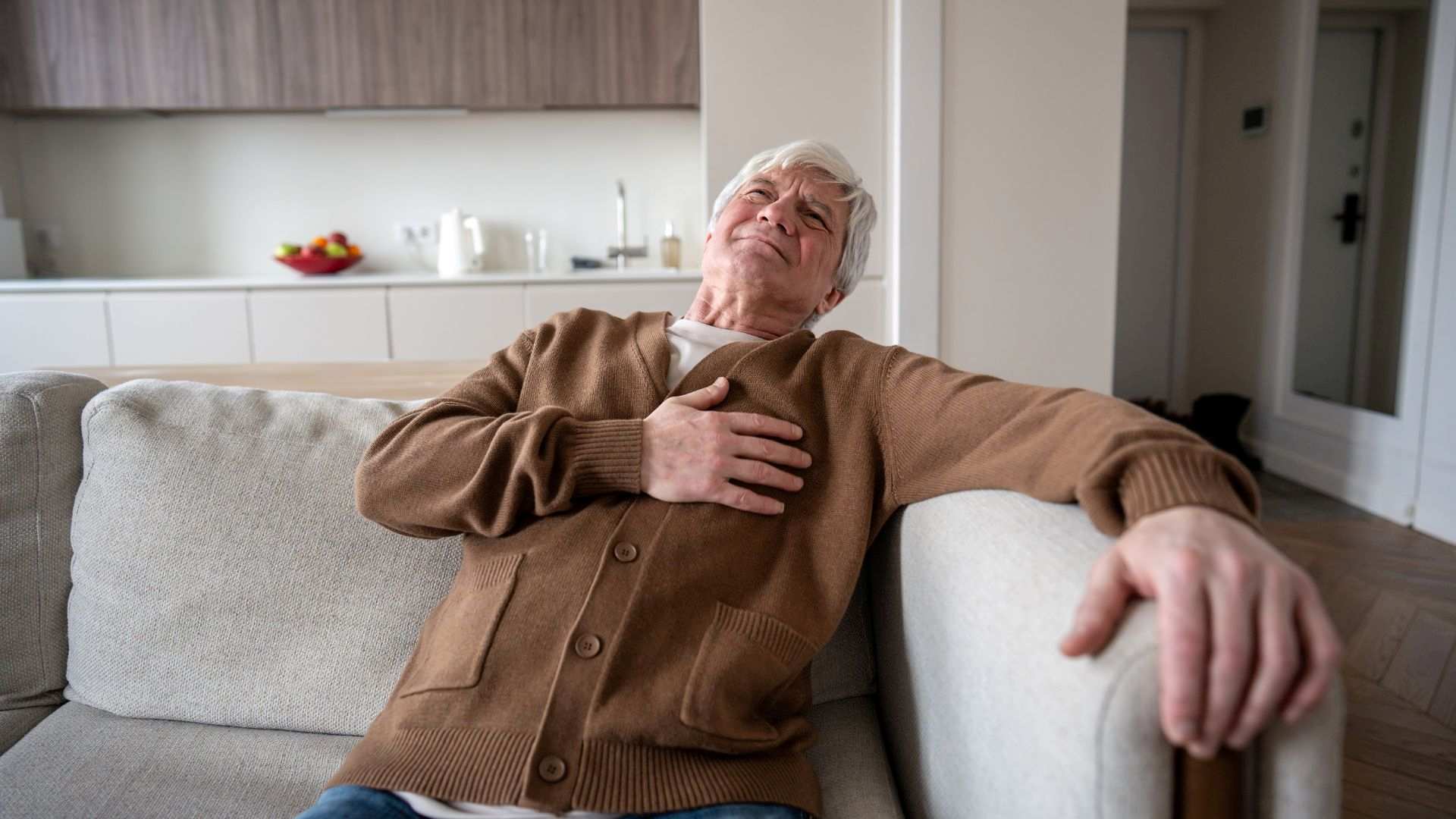When the ER’s Closed, What’s Your Backup Plan?
The Reality Behind ER Closures
This isn’t just a rural issue or a one-time problem. The Globe and Mail‘s interactive map shows hospitals across Ontario, British Columbia, Manitoba, and other provinces experiencing repeated ER shutdowns. Some closed for a night. Others shut down multiple times in the same month.
The main reason? Staffing. Nurses and physicians are burning out or leaving, and hospitals can’t always find replacements in time. These aren’t permanent closures, but even temporary ones can create serious delays when minutes matter most.
For people in small towns, where the next closest hospital could be 30 to 60 minutes away, that delay can make a difference. And the truth is, most Canadians aren’t even aware this is happening in their area until it’s too late.
Why This Matters for Seniors
For older adults, especially those living alone, quick access to emergency care isn’t optional. A fall, sudden chest pain, or any unexpected health issue can escalate fast. When an ER is closed, even temporarily, the response time slows down. That delay can be the difference between early treatment and a serious outcome.
Ambulance services are also feeling the pressure. If your local hospital is closed, paramedics may need to drive farther or wait longer to offload patients at busier hospitals. This creates a ripple effect that leaves vulnerable people waiting.
Most seniors don’t realize how much the system around them has changed. They assume someone will always be there. But as healthcare becomes less predictable, having some kind of safety net at home is more important than ever.
The Rise of Medical Alert Devices
A medical alert device isn’t just for worst-case scenarios. It’s for the everyday moments when something goes wrong and you can’t reach your phone. Whether it’s a slip in the bathroom, a dizzy spell in the kitchen, or a sudden drop in blood pressure, help needs to be one press away.
Most devices today are more advanced than people expect. Like Senior Protection devices, they come with features like fall detection, location tracking, and 24/7 monitoring by trained responders. Some even work outside the home, which matters if you’re someone who still enjoys daily walks or errands.
It’s not about replacing emergency services. It’s about bridging the gap when the system is delayed or unavailable. A reliable medical alert gives peace of mind, not just to the user, but to their family and caregivers too.

Plan Ahead, Stay Safe
Don’t wait for an emergency to realize your local ER isn’t available. With unpredictable closures becoming more common, it’s worth having a plan you can count on. Being proactive today means avoiding panic tomorrow. A medical alert device gives you the confidence to live independently, without relying on a system that’s no longer guaranteed to be there when you need it.
To learn more about the best medical alert device for your needs, fill out this quick formand a Senior Protection advisor will reach out to help you choose the right option. Feel free to call us at +1 (866) 416 0838.
